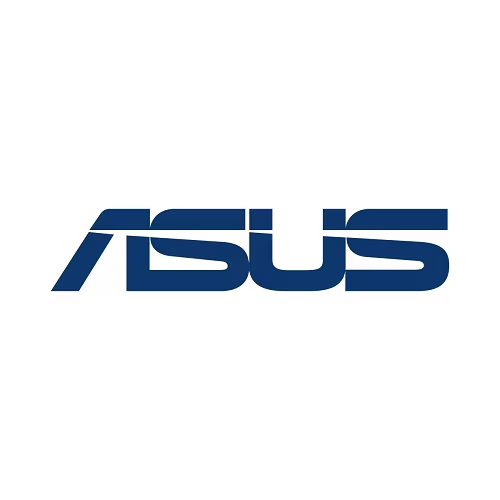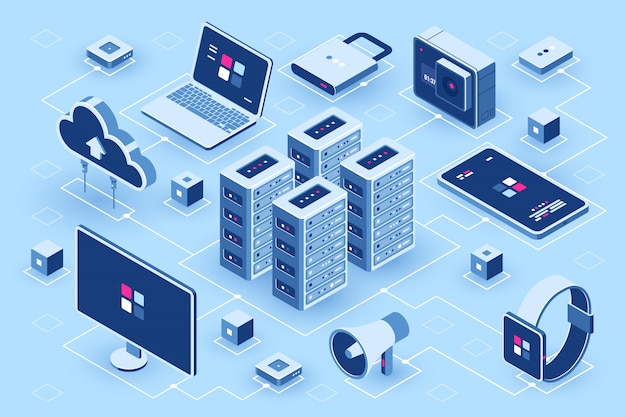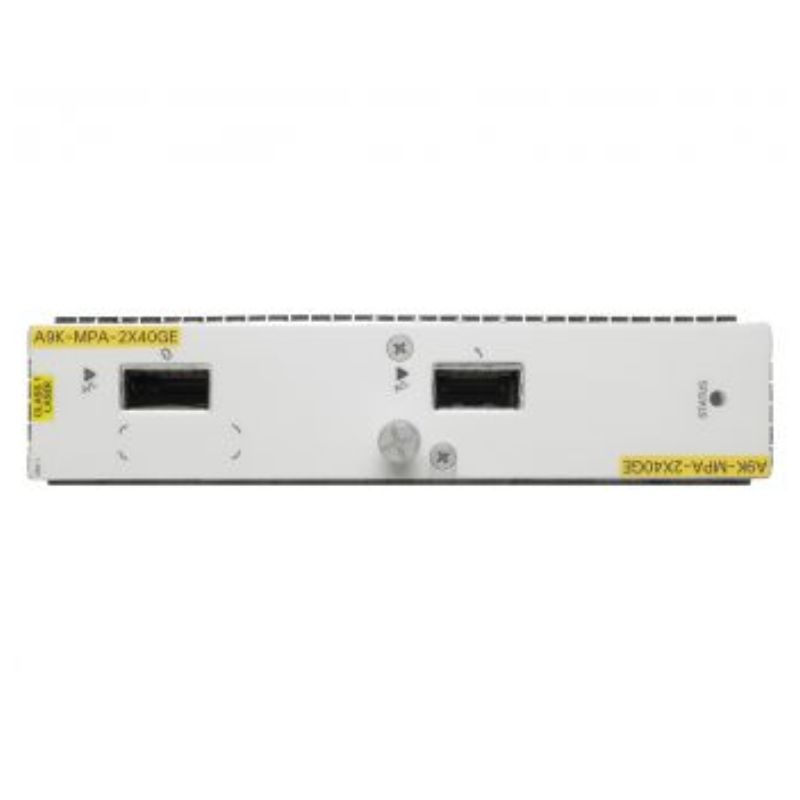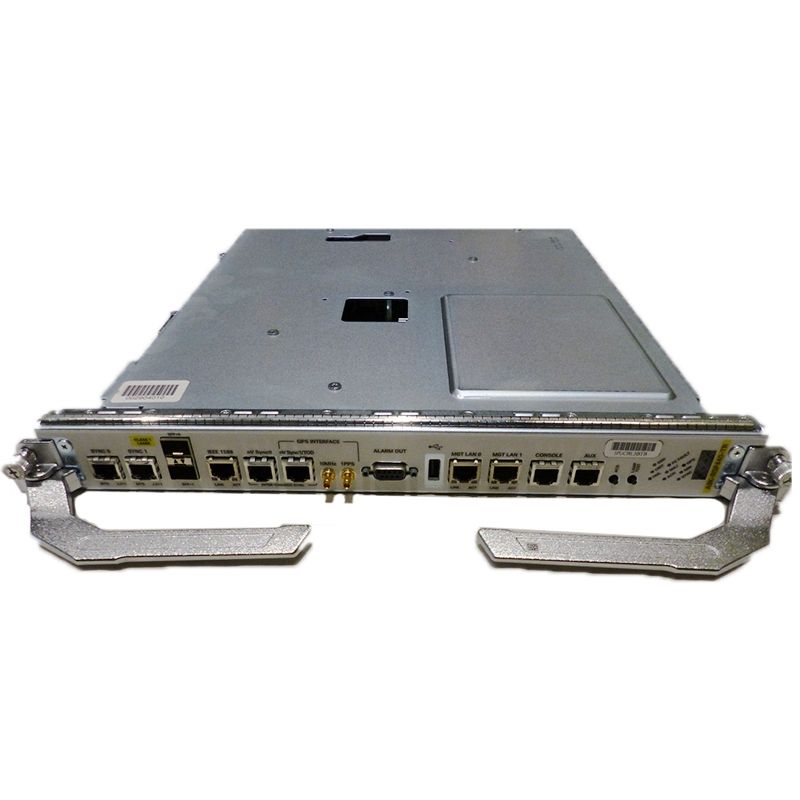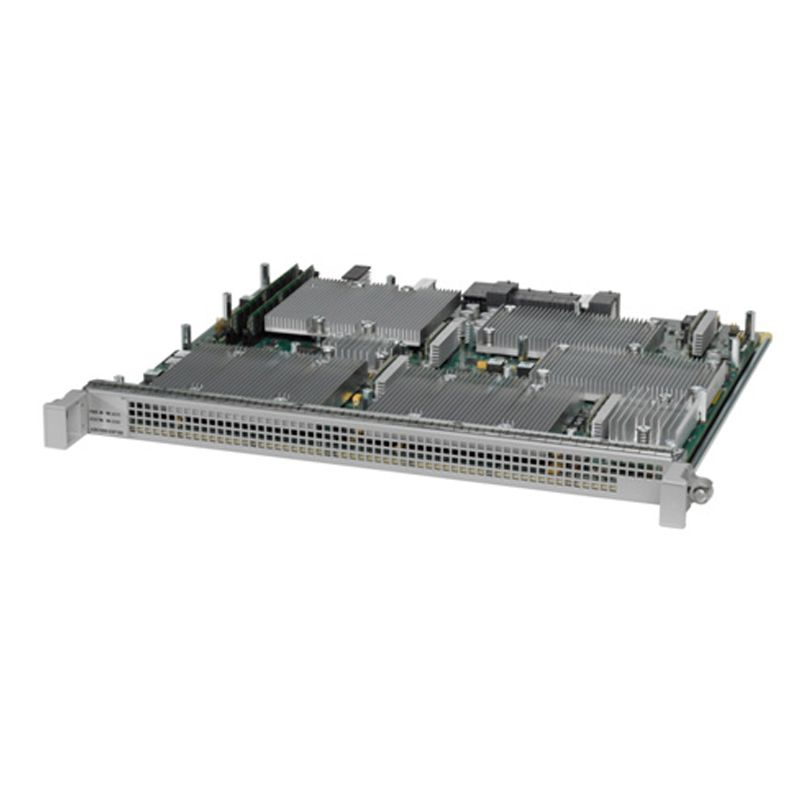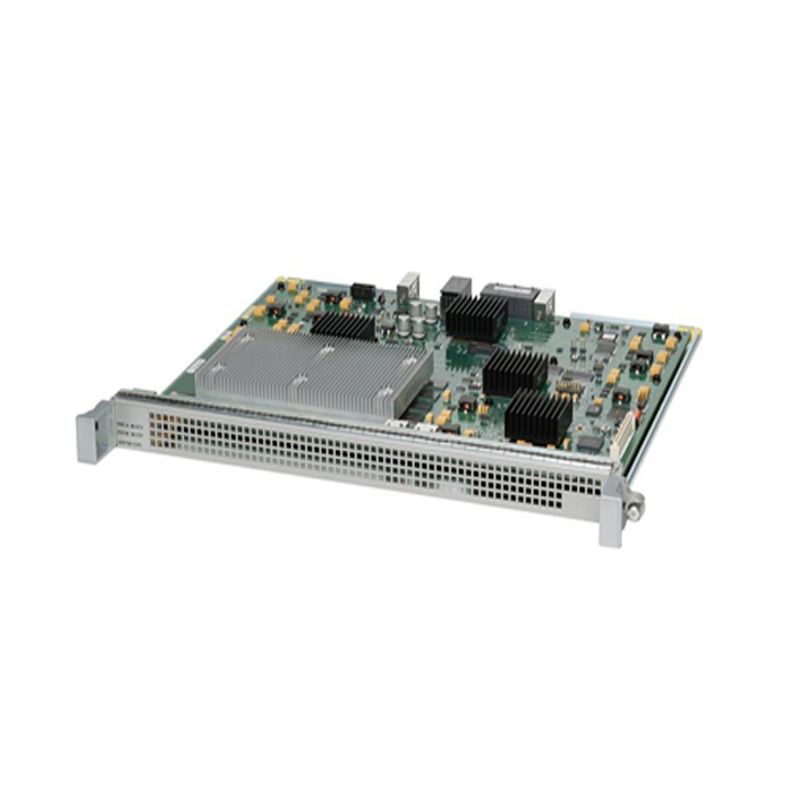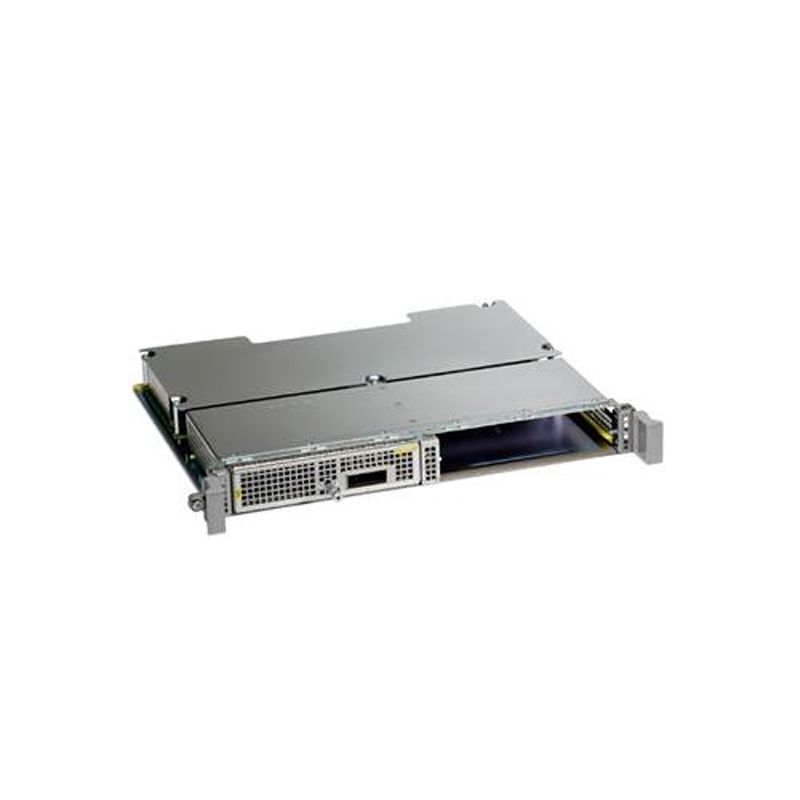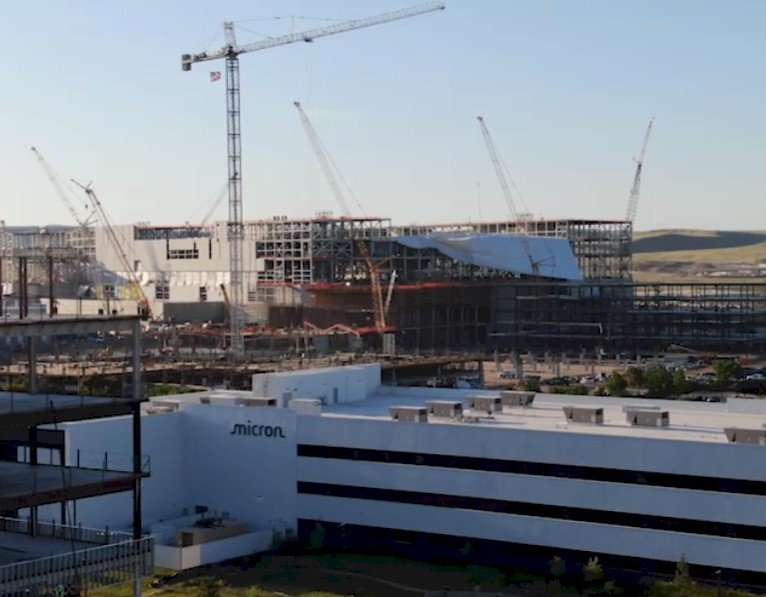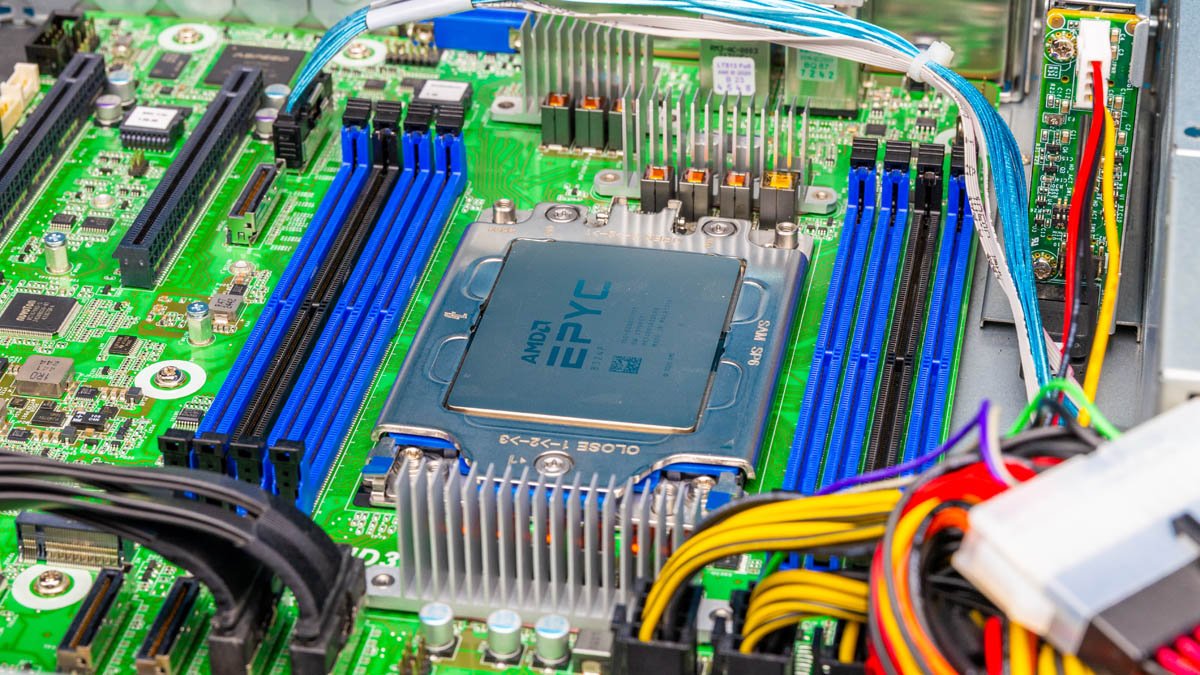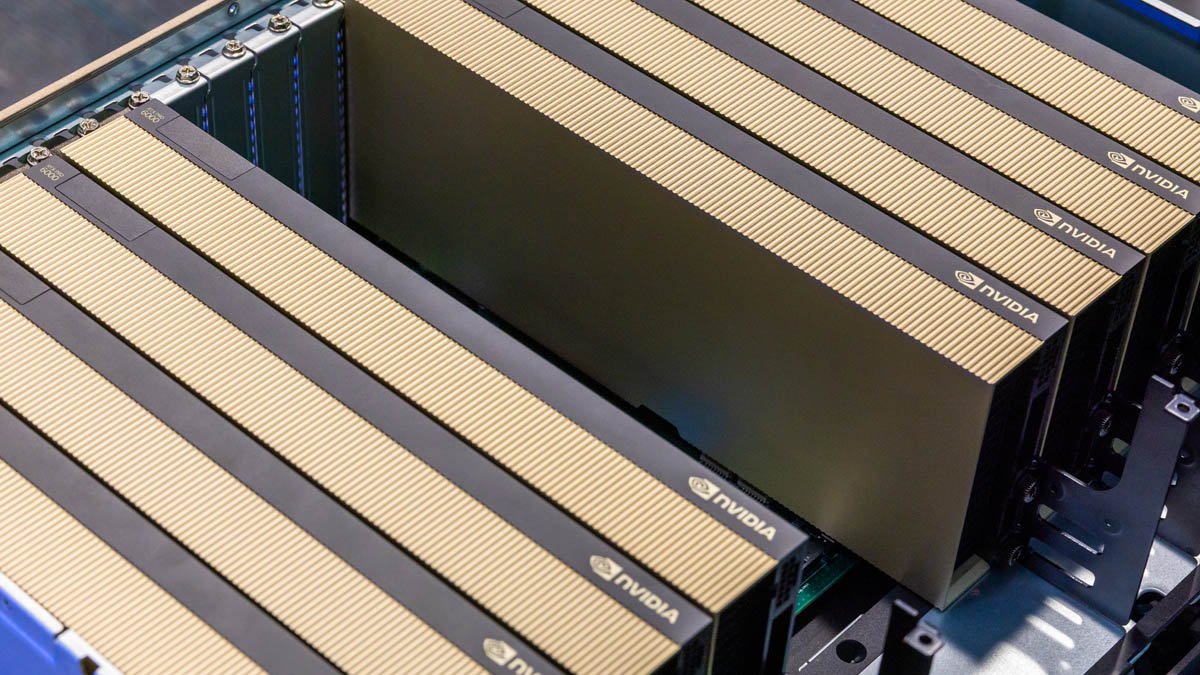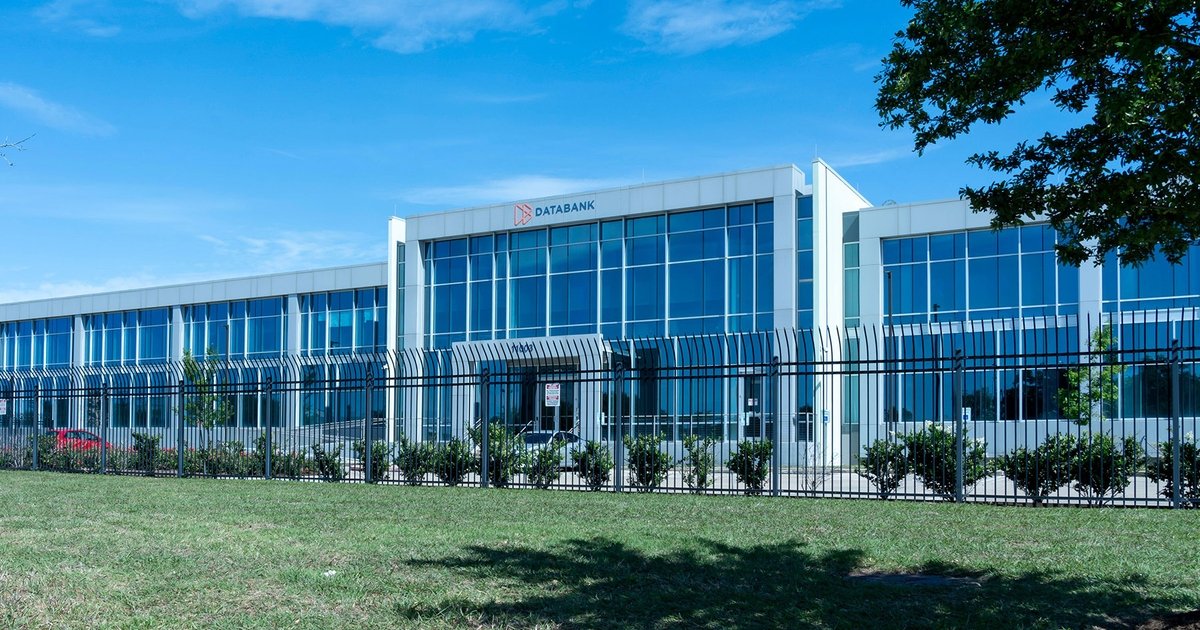Optus CEO Stephen Rue: AI Won’t Replace Human Touch
In a rapidly evolving technological landscape, the conversation surrounding artificial intelligence (AI) often revolves around its potential to replace human jobs. However, Optus CEO Stephen Rue addresses this concern with a reassuring perspective: AI, while powerful, will not replace the essential human touch in customer service and interpersonal interactions.
The Role of AI in Modern Business
AI technologies have made significant strides in automating tasks, enhancing efficiency, and providing data-driven insights. Companies worldwide are increasingly adopting AI tools to streamline operations, personalize customer experiences, and predict market trends. Despite these advancements, Rue emphasizes the unique qualities that only humans can bring to the table—empathy, creativity, and emotional intelligence.
A Complementary Relationship
Rue advocates for a vision where AI complements human workers rather than replacing them. He asserts that the most effective businesses will harness the strengths of both AI and human capability, creating a hybrid workforce that leverages the efficiency of technology while maintaining the warmth and understanding of human interaction.
For instance, while AI can handle routine inquiries and manage vast amounts of data, it often lacks the ability to navigate complex emotional situations or understand nuanced customer sentiments. "Technology can provide solutions," Rue notes, "but the heart of customer service is in how we connect with people."
The Importance of Human Interaction
In customer service, particularly in industries like telecommunications, human interaction is crucial. Rue argues that customers still value personal engagement, especially when dealing with issues that affect their lives. "People want to feel heard and understood," he explains. This human touch fosters loyalty and trust, elements that are indispensable for long-term customer relationships.
Emphasis on Employee Roles
As AI begins to take on more mundane tasks, Rue sees an opportunity for employees to focus on more meaningful, higher-level functions. By freeing staff from repetitive tasks, companies can empower their workforce to engage in creative problem-solving, innovation, and customer relationship-building—areas where people excel.
The transition to this hybrid model is not without its challenges. Organizations must invest in training and upskilling to prepare employees for new roles that involve working alongside advanced technologies. Rue emphasizes the necessity of equipping staff with both technical skills and emotional intelligence, ensuring they can leverage AI while also providing exceptional service.
Ethical Considerations
Rue also raises ethical considerations surrounding the use of AI. As AI technologies become more integrated into business processes, issues such as bias, privacy, and accountability come to the forefront. He underscores the importance of developing AI systems responsibly, with a focus on enhancing human experiences rather than diminishing them.
The Future of Customer Experience
Looking ahead, Rue envisions a future where AI and human expertise coexist harmoniously, enhancing customer experiences. "The goal should not be to eliminate the human element," he states. "Instead, we should strive to utilize AI to enrich interactions and provide customers with more tailored services."
In conclusion, Stephen Rue’s insights present a balanced perspective on the relationship between AI and human interaction. As businesses continue to embrace technological advancements, the human touch remains irreplaceable—a vital component in fostering genuine connections and providing comprehensive customer care. The future of business lies not in replacement but in the collaboration between AI and human ingenuity, ensuring that technology enhances rather than replaces our essential human qualities.




